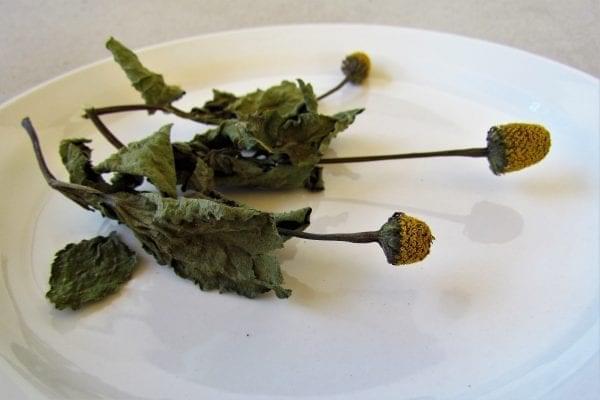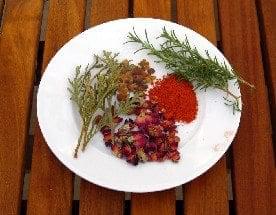Spilanthes has anti-inflammatory, antimicrobial and analgesic properties thanks, in part, to the compound spilanthol.
Read this article and all of our other Herbal Nerd Society Content.
Become a Member Today. Join Us Here. | Already a Member just log in here.






